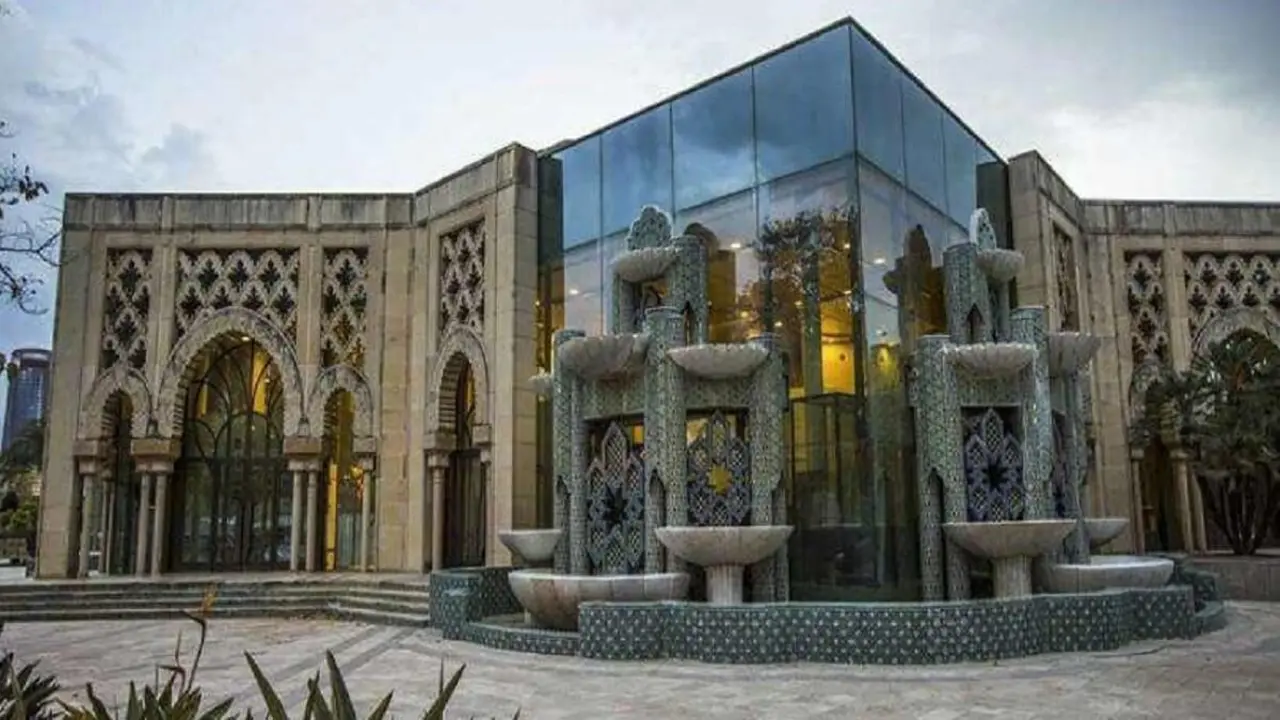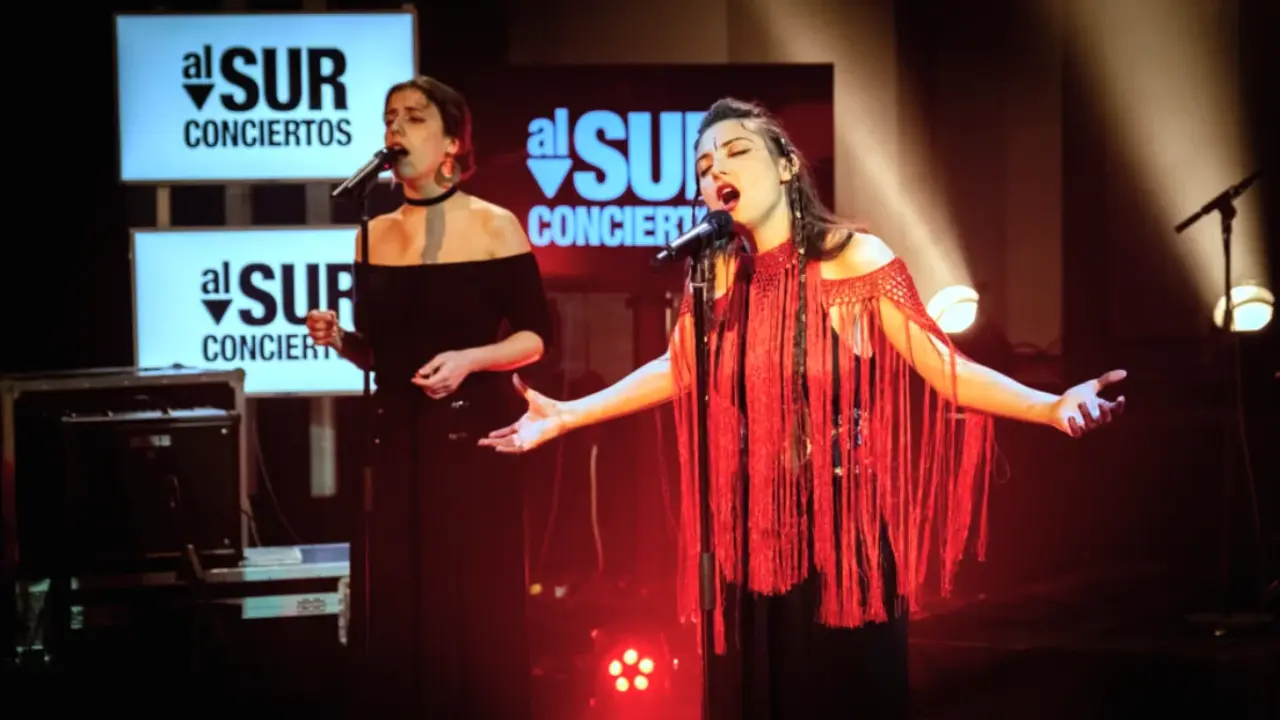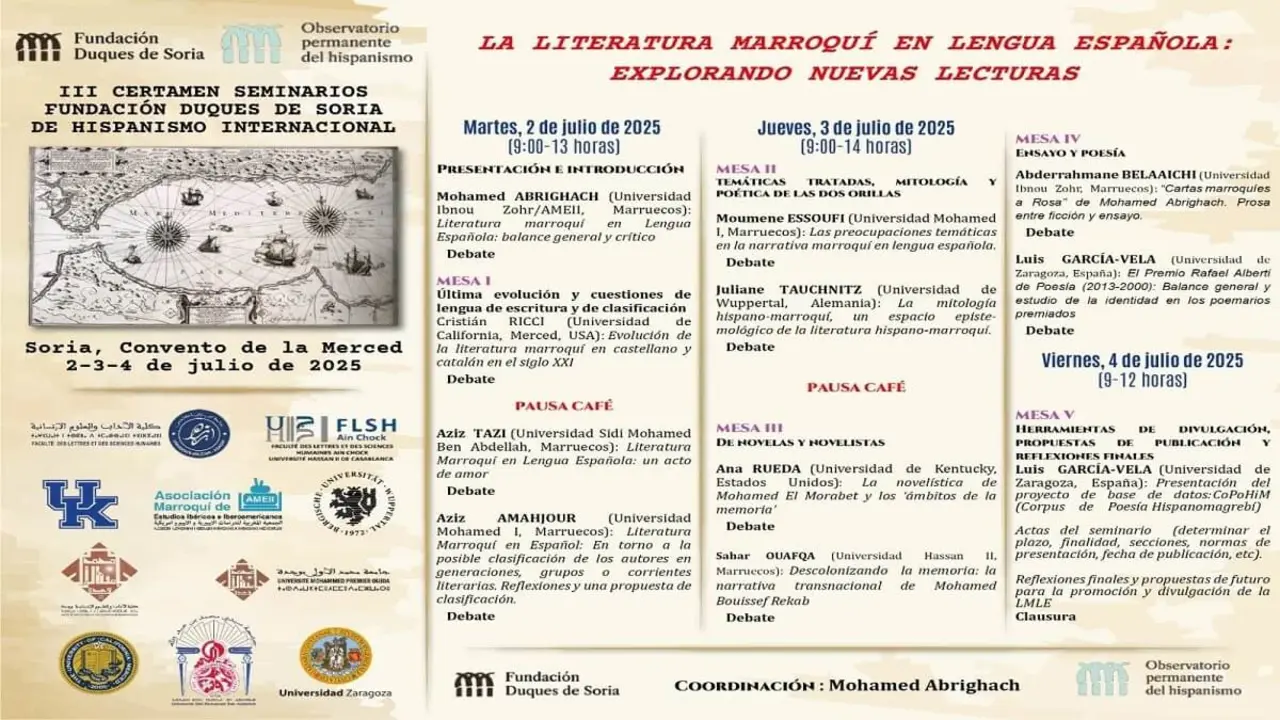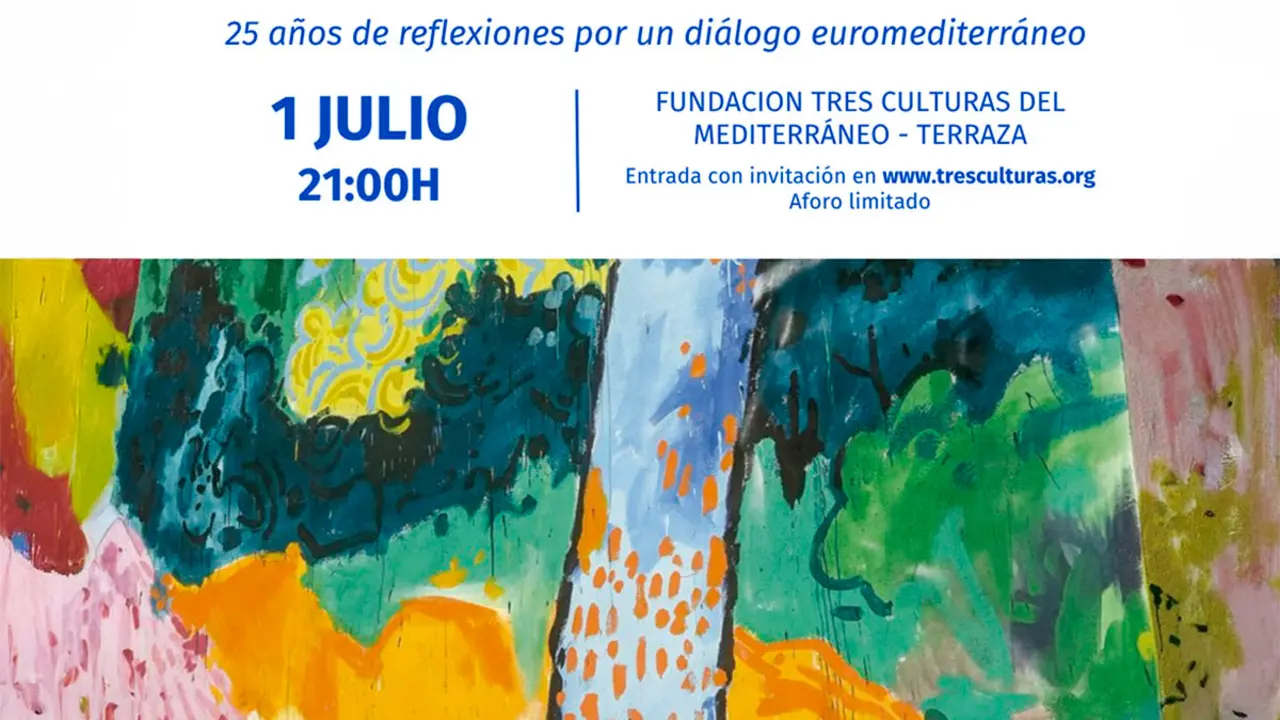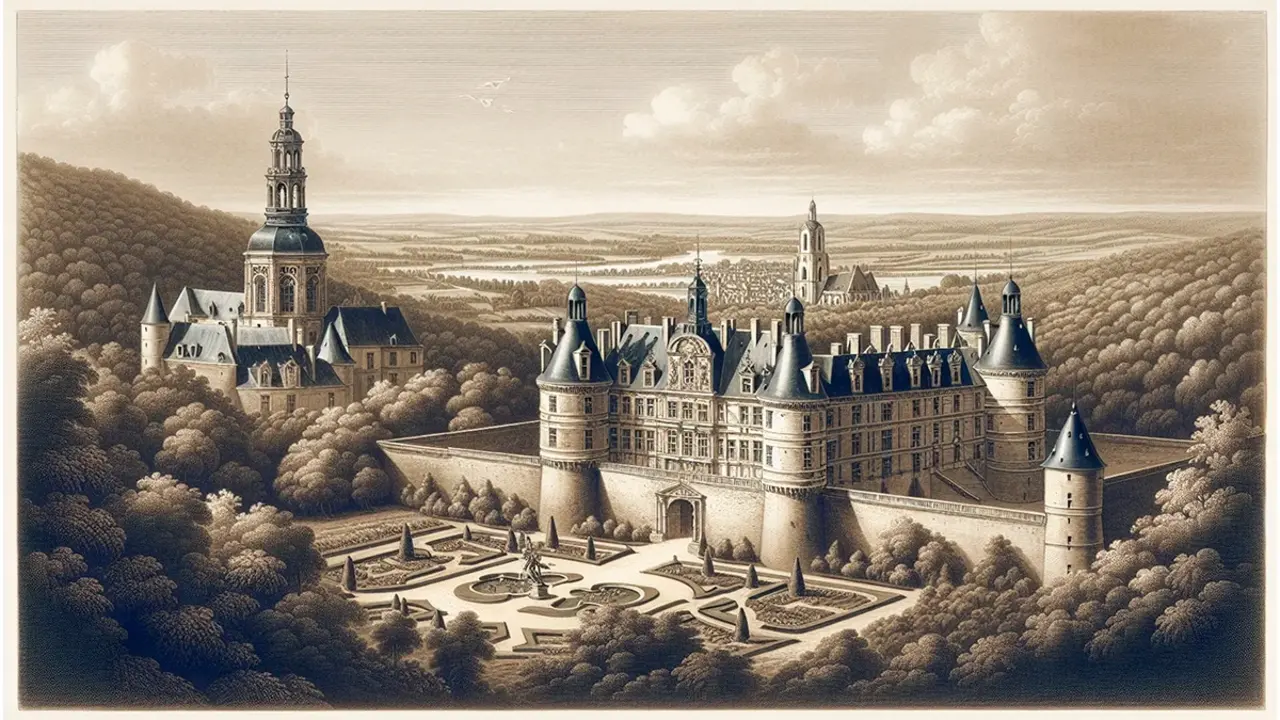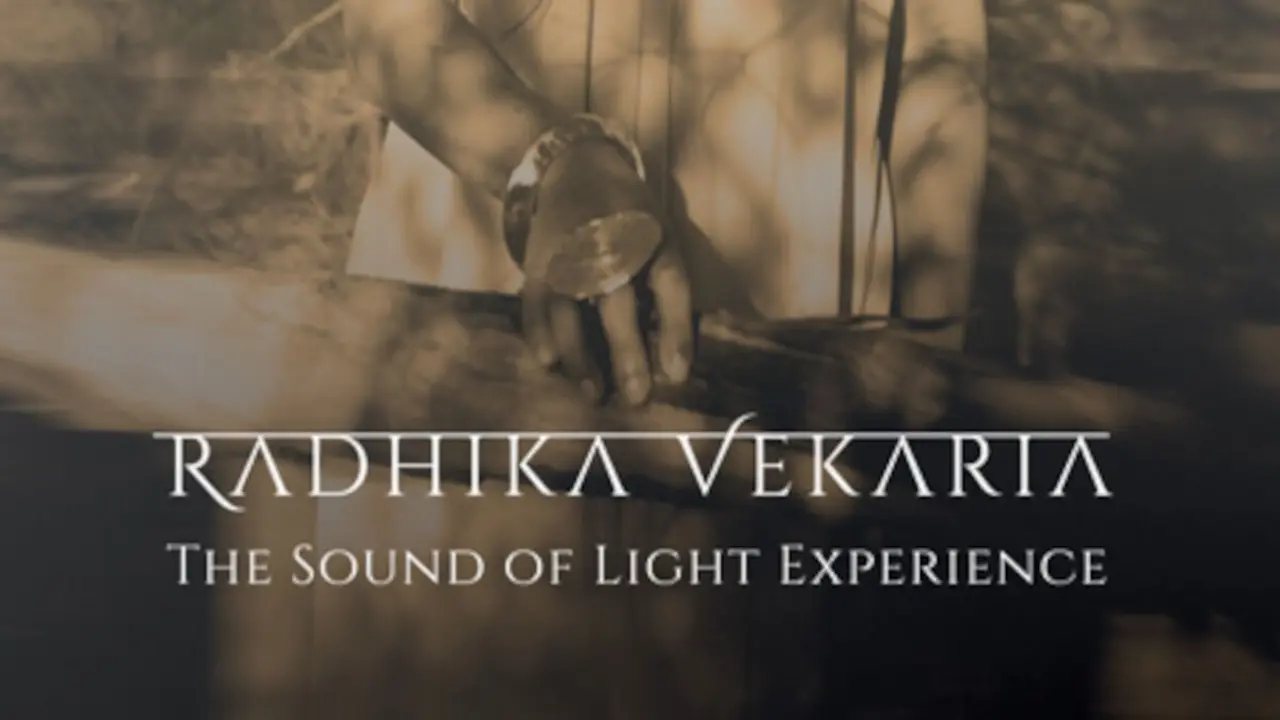The Three Cultures Foundation offers a new instalment of the Al-Andalus Chair on the arts of Islamic Spain
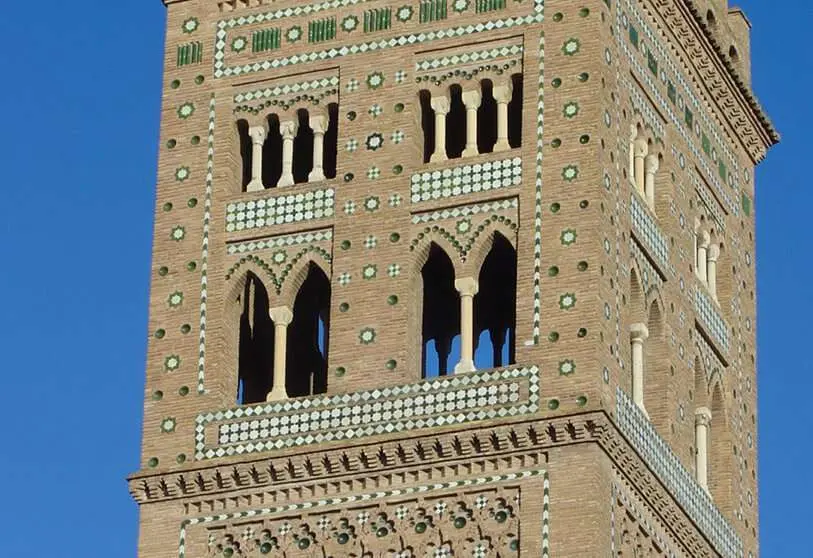
The Al-Andalus Chair continues with the season 'The arts of Islamic Spain' and the VI session: 'Mudejar Art: Islamic or Christian', under the auspices of the Three Cultures Foundation.
The fascination with Islamic art and, within this sphere, with the artistic production of Al-Andalus -despite having been subject, as is the case with other creative fields, to the ups and downs of fashion over the centuries- continues to be vigorously alive today. Proof of this is the frequent organisation of monographic exhibitions focusing on the subject by the world's most prestigious cultural institutions. In recent years alone, we can cite the exhibitions 'Inspired by the East. How the Islamic world influenced Western art' at the British Museum; 'Palace & Mosque: Islamic Art from the Victoria and Albert Museum'; the permanent exhibition of Islamic art at the Louvre inaugurated in 2012 or the recent 'Metal Arts in Al-Andalus' at the National Archaeological Museum of Spain. However, in our country, the knowledge and dissemination of studies on the artistic heritage of Al-Andalus and its transcendence has not had the impetus that our historical past would lead one to believe, with some areas being little explored at present and their study being limited in most cases to university academic institutions.
The lecture series 'The Arts of Islamic Spain. Legacy, transcendence, current affairs' aims to bring to a wide audience both the variety and richness of Andalusian heritage and its validity over the centuries, as well as the latest discoveries and debates on the subject. The series is aimed at a general audience, as well as a more specialised public, in order to serve as an introduction to a little-known field or as a starting point for more profound study.
The sixth and final session of the series, entitled 'Mudejar Art: Islamic or Christian?', will take place on Tuesday 29 June 2021 at 19.30h.
The lecture will be given by María Elena Díez Jorge, professor of Art History at the University of Granada.
The presentation can be followed LIVE at the headquarters of the Three Cultures Foundation and on its Facebook profiles and YouTube channel. To attend it is necessary to register in advance on the website.
Types of tickets that can be booked:
Single ticket: one person per seat.
Double ticket: two people in two adjacent seats. The double ticket consists of two seats and is intended for two people attending the event together.
The aim of this project, created by the Three Cultures of the Mediterranean Foundation in 2009, is to contribute to the dissemination of the history of Al-Andalus, its legacy and the impact of its socio-cultural, architectural and artistic heritage up to the present day. The Al-Andalus Chair is structured around a series of monthly conferences, specialised talks and other cultural activities. Beyond its undeniable contribution to medicine, agriculture or philosophy, Al-Andalus has given rise to an imaginary that has served as a reference or inspiration throughout the centuries, from the romantic writers of the 19th century, to the Arab intellectuals of the early 20th century, through the historiographical production of contemporary Spain or the literature of all periods.
The specialist Eric Calderwood has defined Al-Andalus as "a powerful conceptual tool that allows us to reflect on historical and cultural problems. For that reason, Al-Andalus has proved immensely productive for writers, scholars, artists, and politicians around the world". It is perhaps for this reason that controversy over different aspects of Andalusian history and its significance continues to rage today, sometimes even splashed across the media, as historians continue to uncover new aspects of this vast and fascinating period in the history of Spain and Europe, which has had a global impact.
The Al-Andalus Chair aims to serve as a place for specialists, experts and the general public to meet, debate and reflect on everything related to this field of study and its repercussions up to contemporary times, presenting the most recent research, discoveries and controversies on the subject, through a rigorous and accessible approach. Myth, model, chimera, paradise... Al-Andalus and its multiple interpretations constitute an inexhaustible field of research, debate, and discovery that Three Cultures brings to the public through this Chair.

